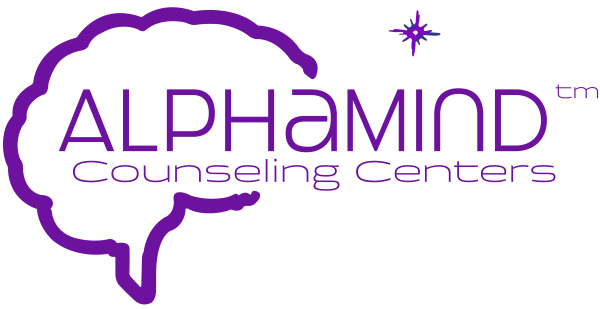Trauma is a complex experience that affects individuals in a variety of ways. It can be defined as an emotional or physical response to an event that is perceived as threatening or overwhelming. Traumatic events can be one-time occurrences, such as an accident or a natural disaster, or they can be ongoing, such as emotional abuse or neglect. Trauma can have a profound impact on a person’s mental and physical health, and understanding how the body stores and releases trauma can be an important step in healing. It’s also important to keep in mind that each person responds to trauma in a different manner. Let’s discuss some of the ways your body may store and release trauma.
The Body’s Response to Trauma
When a person experiences a traumatic event, the body’s natural response is to enter into something called “fight or flight” mode. This is a physiological response that is designed to help us survive in the face of danger. When the body perceives a threat, the sympathetic nervous system is activated, which causes a surge of adrenaline and other stress hormones. These hormones cause the heart rate to increase, blood pressure to rise, and blood flow to be diverted away from non-essential organs and tissues.
This response is helpful in the short-term, as it prepares the body to either fight off the threat or flee from it. However, if the threat is ongoing or if the body’s response is disproportionate to the threat, this can result in chronic stress and trauma.
The Body’s Storage of Trauma
Trauma can be stored in the body in a number of ways. One of the most common ways this manifests is through muscle tension. When the body is in fight or flight mode, the muscles become tense and can remain so even after the perceived threat has passed. This tension can become chronic, leading to aches, pains, and other physical symptoms.
 Another way trauma can be stored in the body is through the nervous system. When the body perceives a threat, the brain sends a signal to the nervous system to release stress hormones, such as cortisol. Over time, chronic stress can lead to changes in the way the nervous system functions, resulting in increased sensitivity to stress and a heightened state of arousal.
Another way trauma can be stored in the body is through the nervous system. When the body perceives a threat, the brain sends a signal to the nervous system to release stress hormones, such as cortisol. Over time, chronic stress can lead to changes in the way the nervous system functions, resulting in increased sensitivity to stress and a heightened state of arousal.
Trauma can also be stored in the body’s tissues and organs; chronic stress can lead to inflammation and other changes in the body’s tissues, which can contribute to a range of physical health problems.
The Body’s Release of Trauma
While trauma can be stored in the body for years, the body also has a natural ability to release it. One of the most effective ways to release trauma is through physical movement. Exercise, yoga, and other forms of movement can help to release muscle tension and promote the flow of blood and oxygen throughout the body, which can reduce inflammation and other physical symptoms of trauma.
Breathing exercises and meditation can also be helpful in releasing trauma. These practices can help to calm the nervous system and reduce feelings of anxiety and stress.
Therapy can also be an important tool in releasing trauma. Talk therapy, cognitive behavioral therapy, and other forms of therapy can help individuals process and make sense of their traumatic experiences, which can help to reduce symptoms of trauma and promote healing.
Body-Centered Therapies
Body-centered therapies are a type of therapy that focuses on the physical sensations and experiences of the body. These therapies recognize that trauma is stored in the body and aim to release it through physical movement, touch, and other techniques.
 Somatic experiencing is a type of body-centered therapy that helps individuals release trauma by focusing on physical sensations and movements. The therapist helps the individual identify physical sensations associated with the traumatic event and then guides them through movements and exercises that help release those sensations from the body.
Somatic experiencing is a type of body-centered therapy that helps individuals release trauma by focusing on physical sensations and movements. The therapist helps the individual identify physical sensations associated with the traumatic event and then guides them through movements and exercises that help release those sensations from the body.
Massage therapy is another type of body-centered therapy that can be helpful in releasing trauma. Massage can help to release muscle tension and promote relaxation, which can reduce symptoms of trauma and improve overall well-being.
Acupuncture can also help release trauma stored in the body. It involves the insertion of thin needles into specific points on the body, which can stimulate the body’s natural healing response and promote the release of tension and stress.
Body-centered therapies can be a powerful tool in healing from trauma, as they help individuals to connect with and release stored emotions and physical sensations. These therapies can be used in combination with other forms of therapy or on their own, depending on the individual’s needs and preferences.
The Importance of Self-Care
In addition to therapy and body-centered therapies, self-care is an important tool in healing from trauma. Self-care involves taking care of oneself both physically and emotionally and can include practices such as exercise, meditation, journaling, and spending time in nature.
Self-care can be especially important for individuals who have experienced trauma, as it can help to reduce stress, promote relaxation, and improve overall well-being. It can also help individuals to connect with their bodies and emotions in a safe and nurturing way.
Contact AlphaMind Counseling Center
Trauma is a complex and multifaceted experience that affects individuals in a variety of ways. Understanding how the body stores and releases trauma can be an important step in healing from traumatic experiences. By recognizing the physical and emotional impact of trauma, individuals can take steps to release stored emotions and promote healing through therapies such as body-centered therapies, self-care practices, and other forms of therapy. With time and support, individuals can move beyond the impact of trauma and live fulfilling and meaningful lives.
If you are looking for assistance in working through trauma to release it, contact AlphaMind Counseling Center in Cary, North Carolina! Our experienced therapists are dedicated to helping you release trauma that may be stored in your body to help you to increase the quality of your everyday life. We look forward to speaking with you soon!

